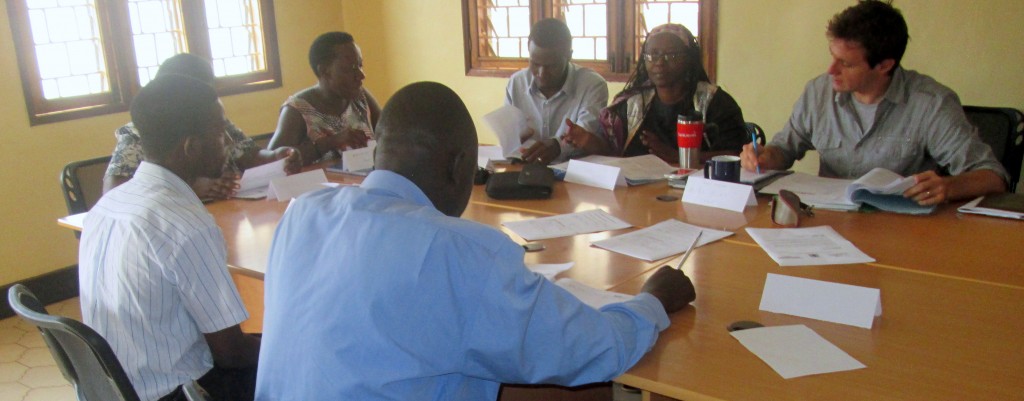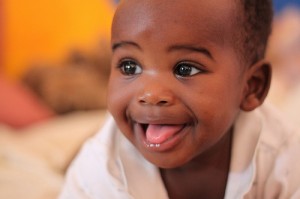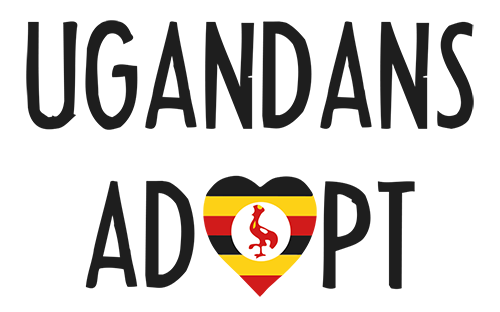We talked to Maureen Orogot, a senior Adoption Practitioner, about adoption assessments. Maureen, who has worked in adoption for over three years, explains why thorough assessments represent a critical part of the adoption process.
What is a pre-adoption assessment?
Every prospective adoptive parent has to go through a formal assessment process. It is a crucial step in the ten steps of adoption. The Social Worker assigned to a prospective adoptive parent is responsible for the assessment, including a home study. They visit the parent at home to discuss and explore why they want to adopt, the kind of child you would best be able to care for, and your overall suitability. References are followed up and checks are made as part of the assessment process.
What does the assessment process involve?

The process involves the assigned Social Worker meeting with and interviewing the prospective adoptive parent. It also involves observation, monitoring and evaluation on the Social Worker’s part. This is the perfect chance for the two parties to get to know and understand each other. It is a great opportunity to build rapport and trust.
Are other parties /friends/family members consulted during the assessment?
All parties ‘who will be directly involved in the upbringing of the child are consulted and interviewed at this point. This may include immediate and distant family, family or personal friends, neighbors, local council leaders, chairpersons, children in the home. Anyone else who will have contact with the child is also interviewed during the assessment.
Why is it important to thoroughly assess prospective adoptive parents?
We carry out thorough assessments to mitigate any child protection risks. They are also important for getting to know the family the child is going into. A strong support network is vital and crucial in the child’s life given that most of these children have suffered loss and rejection. As a result, experiencing rejection or abandonment again could prove traumatic and harmful to the child.
How do you ensure that an assessment is not biased or incorrect?
During the assessments, confidentiality is very important – not just for the parents, but also for the children’s safety. We also carry out second-opinion assessments to avoid any bias or incorrect information. These second opinions, which include follow-up interviews, are done by an independent social worker. This Social Worker evaluates the actions of the assigned social worker and writes a report. During the second-opinion evaluation, the emphasis is on honesty and truth. This stage usually represents the first time that the parent meets the independent social worker. These reports are presented before the Adoption Panel.
What is the role of the probation Officer in the assessment process? Are there costs incurred in relation to the Probation Officer’s involvement in the assessment process.

We work together with the Probation Officers who also carry out independent family assessments. The involvement of the area Probation Office is vital in the assessment process. To assess the family’s ability to adopt a child, the area Probation Officer carries out an independent assessment of the family, including their history, home structure and support system.
The Probation Officer then generates an independent report on the capability of the family to adopt a child. Depending on the Probation Officer, there may also be some costs involved in carrying this assessment. In some cases, the family has to facilitate the probation officer to carry out the assessment. The facilitation will go towards covering transport and /or other costs incurred during the assessment process.
An as Adoption Practitioner, why do you emphasize thorough assessments?

Assessments prepare the prospective parent(s) for the adoption process – both psychologically and physically. Together with their social workers, parents work through any issues that may be standing in the way of their adoption process. In most cases, it is the perfect opportunity for us to counsel and encourage parents who might want to adopt, but are either still grieving or going through a hard time. It helps them to support the child when the placement eventually happens.
We are also responsible for ensuring the child is being placed in a safe place by identifying and limiting any child protection risks, establishing how we can best support the child during and after the placement and getting to know the family. At the end of the day, the child is our number one priority and everything we do is in the best interest of the child.
For more information on adoption, please call us on 0776110304 or send an email to [email protected]
